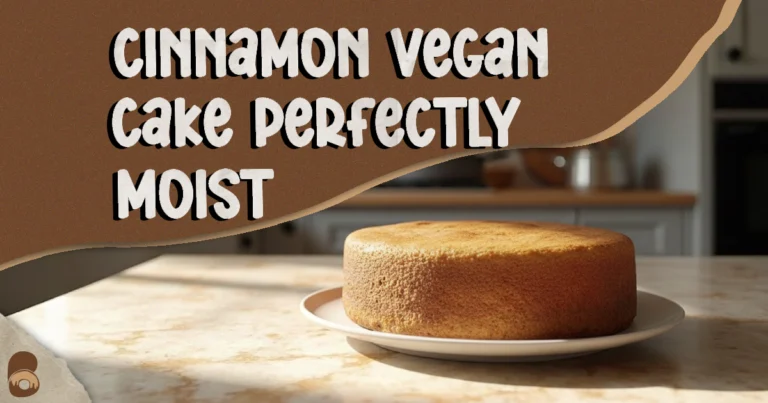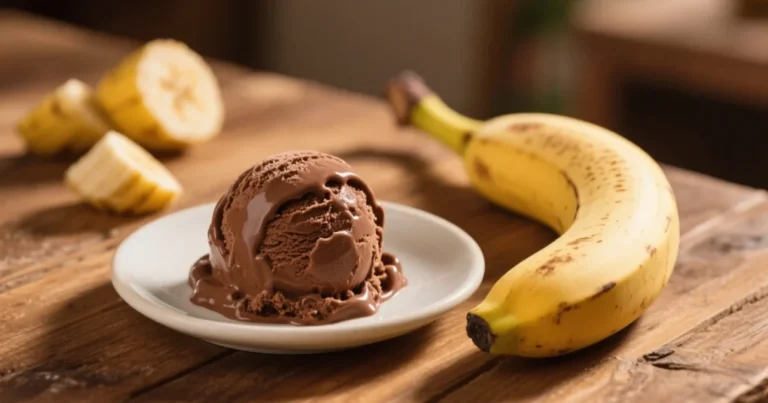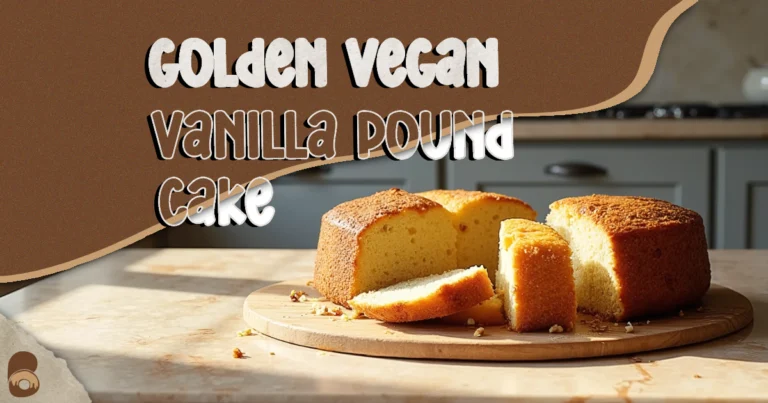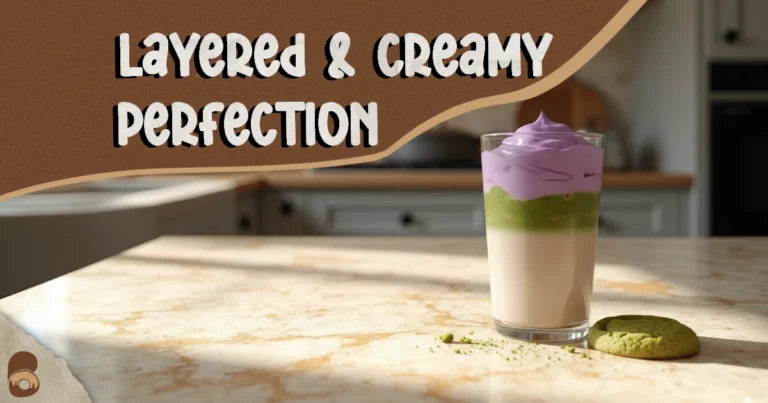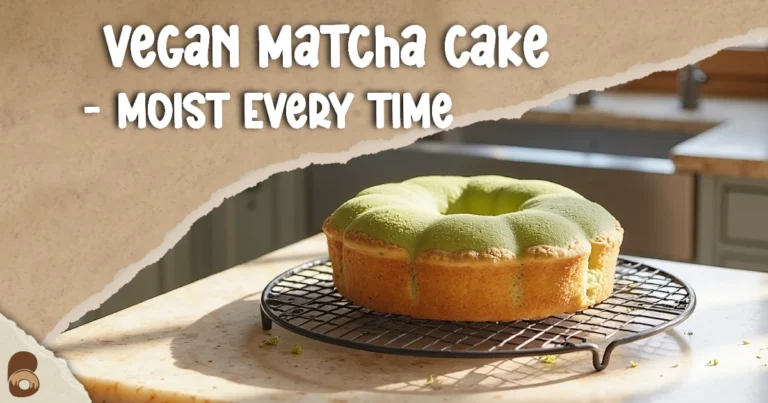The Beginner’s Guide to Matcha Cake Recipe Easy (Vegan-Friendly)
Table of Contents
Table of Contents
Have you ever pulled a cake from the oven only to discover it was dense, dry, or even sunken in the middle? You carefully followed the recipe, yet the result wasn’t the soft, springy sponge you imagined. If that sounds familiar, you’re not alone. Baking with matcha—and doing it vegan—can feel a little intimidating. But here’s the truth: with the right approach, a matcha cake recipe easy enough for beginners is totally within your reach.
This guide is designed to give you a step-by-step roadmap, from choosing ingredients to recognizing when your cake is perfectly done. You’ll also get troubleshooting fixes, science-backed explanations, and practical swap options, so you can bake with confidence—whether it’s your first vegan cake or your fiftieth.
Why You’ll Love This Matcha Cake
- Soft, moist crumb without eggs or dairy.
- Balanced flavor: earthy matcha with gentle sweetness.
- Beginner-friendly method—no special equipment required.
- Versatile: works as a loaf, layered sponge, or cupcakes.
- Naturally vegan, with gluten-free and nut-free variations available.
Equipment, Time & Yield
Before you begin, make sure you have everything ready:
Essential Equipment
- One 9-inch (23 cm) round pan—or a loaf pan if you prefer a different shape
- Mixing bowls (1 large, 1 medium)
- Whisk and silicone spatula
- Measuring cups/spoons or kitchen scale
- Fine mesh sieve (for sifting matcha)
- Parchment paper
- Toothpick or cake tester
Recipe Snapshot
- ⏱️ Prep time: 10 minutes
- ⏱️ Bake time: 30–35 minutes
- ⏱️ Cooling time: 15–20 minutes
- 📊 Difficulty: Easy, beginner-friendly
- 🍰 Yield: 8–10 slices
Ingredients You’ll Need (with Measurements)
Here’s what goes into your vegan matcha sponge cake:
| Ingredient | US Cups/Oz | Metric (g/ml) |
|---|---|---|
| All-purpose flour | 1 ½ cups | 190 g |
| Almond flour (optional, for tenderness) | ¼ cup | 30 g |
| Baking powder | 1 ½ tsp | 6 g |
| Baking soda | ½ tsp | 2 g |
| Fine sea salt | ¼ tsp | 1 g |
| Matcha powder (culinary grade) | 1 ½ tbsp | 8 g |
| Cane sugar | ¾ cup | 150 g |
| Plant-based milk (soy, oat, or almond) | 1 cup | 240 ml |
| Neutral oil (sunflower, canola, or light olive) | ⅓ cup | 80 ml |
| Apple cider vinegar | 1 tbsp | 15 ml |
| Vanilla extract | 1 tsp | 5 ml |
💡 Pro tip: Always sift your matcha and flour together to avoid clumps.
Step-by-Step Checklist: How to Make It
Here’s the simplest way to succeed, with visual cues at each stage:
- Set your oven to 350°F (175°C). Prepare your pan by lining it with parchment and giving it a light grease.
- Visual cue: Pan surface should have a thin, even coating of oil—no heavy streaks.
- Mix dry ingredients. In a large bowl, whisk flour, almond flour, baking powder, baking soda, salt, and matcha.
- Visual cue: Matcha should look evenly dispersed, giving the flour a soft green tint.
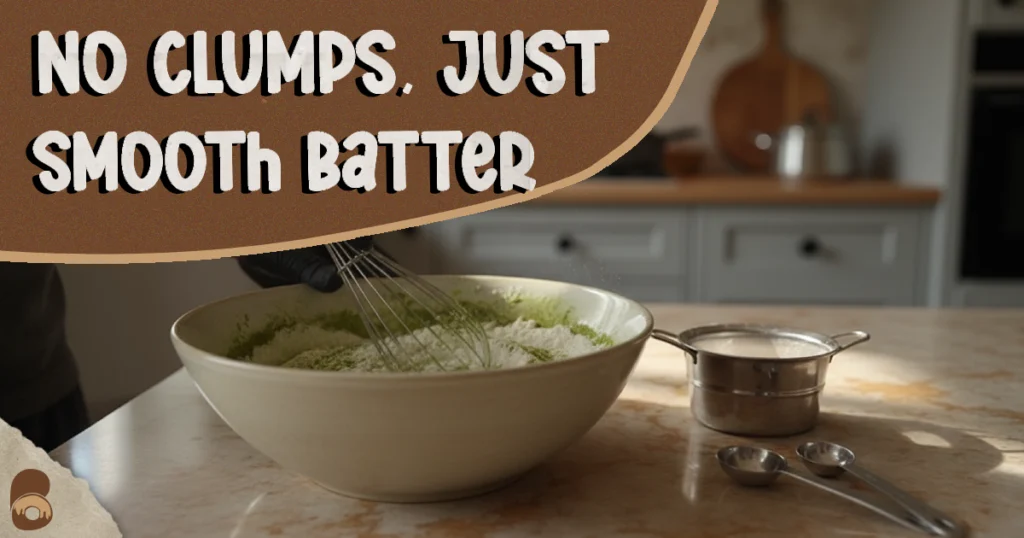
- Mix the wet ingredients. In a medium bowl, whisk together sugar, plant milk, oil, vinegar, and vanilla until smooth.
- Visual cue: Mixture should look pale and smooth, with sugar fully dissolved.
- Add the wet mixture to the dry bowl and gently fold—stop as soon as the batter looks combined.
- Visual cue: Batter should look smooth but not overmixed; a few small lumps are okay.
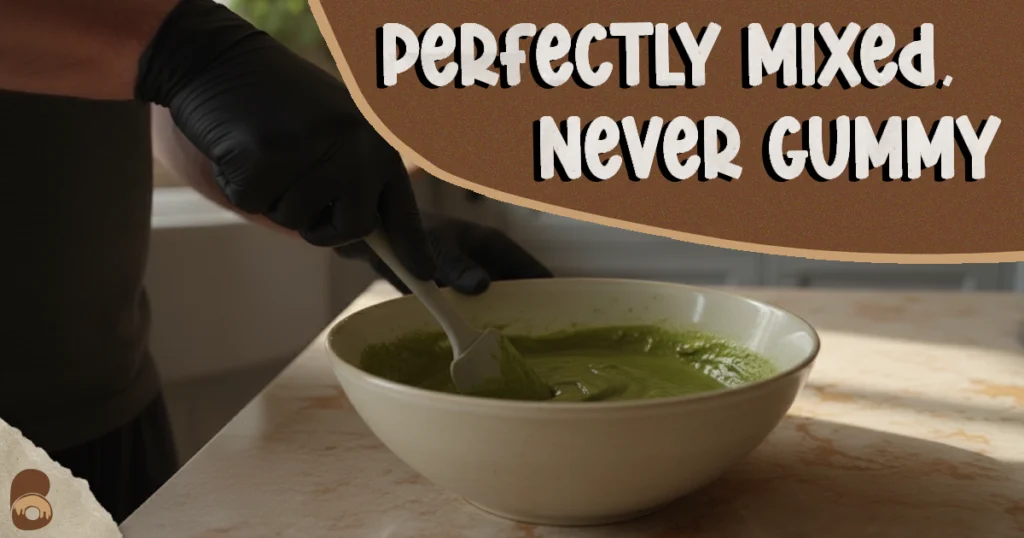
- Bake. Pour batter into prepared pan. Bake 30–35 minutes.
- Visual cue: Cake should rise evenly with a light dome.
- Cool. Let the cake rest in pan for 10 minutes, then transfer to a wire rack.
- Visual cue: Edges pull slightly away from the pan when ready to release.
Troubleshooting & Fixes for Matcha Cake Recipe Easy
Even with simple recipes, things don’t always go to plan. Here’s how to fix common issues:
- If your cake turns out heavy or gummy, it’s often a sign of overmixing. Next time, stop folding once you no longer see dry flour streaks.
- Sank in the middle: Oven temperature may have been too low, or you opened the door too early. Keep it closed for the first 25 minutes.
- Brownish instead of green: Heat and air exposure can dull matcha’s color. Use high-quality culinary matcha and avoid baking above 350°F (175°C).
- Bitter taste: Too much matcha. Limit to 1 ½ tbsp for balance.
- Dry texture: Overbaking is usually the culprit. Begin checking at 30 minutes.
Science Bite: Why This Method Works
Baking isn’t magic—it’s science. Here’s the simple breakdown:
- Vinegar and baking soda work together to create bubbles that help your cake rise—acting as the egg-free leavening.
- Almond flour = tenderness. With its healthy fats and lower gluten content, almond flour softens the crumb and prevents chewiness.
- Oil = consistent moisture. Because oil is liquid at room temperature, it helps the cake stay softer longer compared to butter-based cakes, though all cakes will gradually dry as starches set.
- Sifted matcha = even flavor. Prevents bitter clumps and ensures delicate earthiness.
For a deeper look at how vegan swaps affect texture and flavor, check out our Ultimate Vegan Egg Substitute & Dairy-Free Baking Guide.
Ingredient Swaps & Dietary Notes
Everyone’s kitchen and diet are different. Here are the tested swaps:
- Gluten-free: Use a 1:1 gluten-free flour blend designed for cakes. Avoid adding extra starch unless your blend is very dense.
- Nut-free: Skip almond flour; replace with 2 tbsp extra all-purpose flour.
- Sugar alternatives: Coconut sugar works, though it darkens the crumb.
- Oil-free: Use unsweetened applesauce instead of oil. Expect a slightly denser sponge.
- Milk choices: Soy milk gives structure; oat milk offers mild flavor; almond milk makes it lighter.
Visual Cues for Doneness
Knowing when your cake is finished is key to avoiding under- or overbaking:
- See: Edges pull slightly away from the pan.
- Smell: Sweet, earthy aroma—no raw grassiness.
- Touch: Center springs back lightly when pressed.
- Check: Toothpick comes out with a few crumbs, not wet batter.
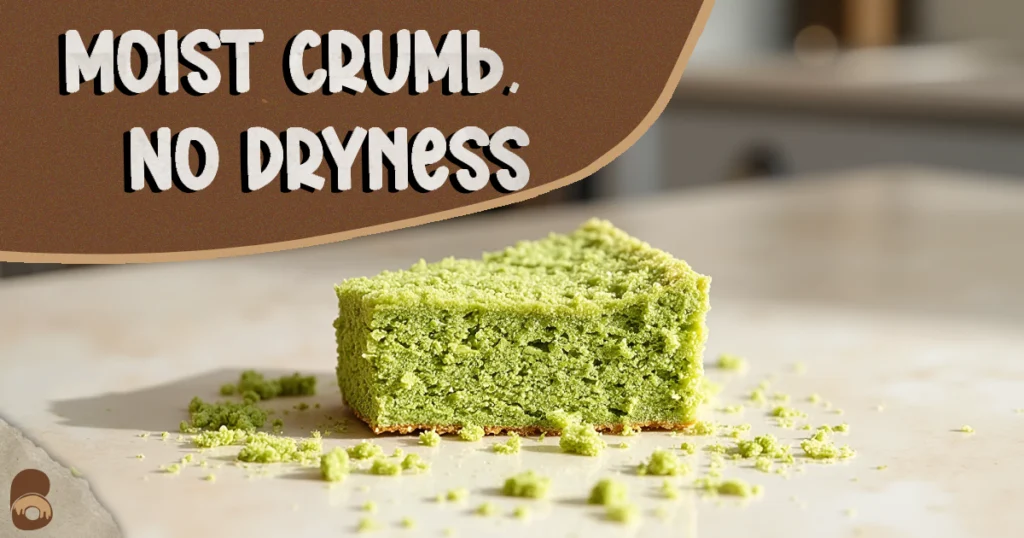
⚠️ Safety note: Always test in the thickest part of the cake to confirm it’s cooked through.
Storing & Make-Ahead Tips
Want to prep ahead or keep leftovers fresh? Here’s how:
- Room temperature: Store tightly wrapped for up to 2 days in a cool, dry place. If your kitchen is warm or humid, refrigerate instead.
- Refrigerator: Best within 3–4 days. Let slices return to room temp before serving for better texture.
- Freezer: Wrap individual slices in parchment and freeze for up to 2 months. Thaw at room temp for 1–2 hours.
💡 Serving ideas:
- Pair with coconut whipped cream for a light dessert.
- Dust with powdered sugar for a café-style finish.
- Frost with vegan buttercream to create a matcha birthday cake.
FAQs About Matcha Cake Recipe Easy
Q1: Can I use ceremonial grade matcha for baking?
You can use ceremonial matcha, but it’s not essential. Ceremonial grade is best enjoyed in drinks, while culinary matcha is sturdier for baking and easier on the budget.
Q2: Why did my vegan matcha cake come out dry?
You may have overbaked it or reduced oil. Stick to 30–35 minutes and use oil for moisture.
Q3: Can I double this recipe to make a layered matcha sponge cake?
Absolutely. Divide batter into two pans and bake at the same temperature, checking at 28–30 minutes.
Q4: Is this recipe good for cupcakes?
Yes. Bake at 350°F (175°C) for 18–20 minutes. Test with a toothpick before removing.
Q5: What’s the best plant milk for this vegan matcha dessert?
Soy milk gives the best structure, but oat milk is excellent if you prefer a mild taste.
Final Thoughts
Baking a vegan matcha cake recipe easy enough for beginners doesn’t have to feel overwhelming. With a reliable formula, a few simple science tricks, and clear visual cues, you can create a tender, moist cake that celebrates the unique flavor of matcha. Whether you enjoy it plain, dressed up with frosting, or sliced for afternoon tea, this recipe is one you’ll want to return to again and again.
👉 Follow me on Pinterest for more reliable bakes.
Simple, honest recipes — perfect results every time.
Share your experience and help others!
Tried this recipe? Leave a rating and make someone’s day tastier
Be the first to rate this recipe and help others discover it!


